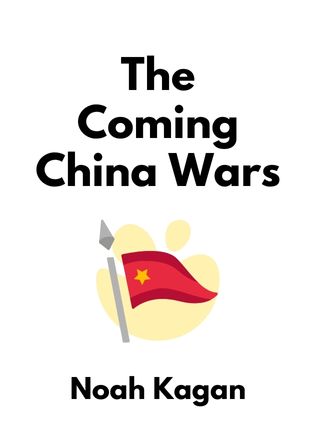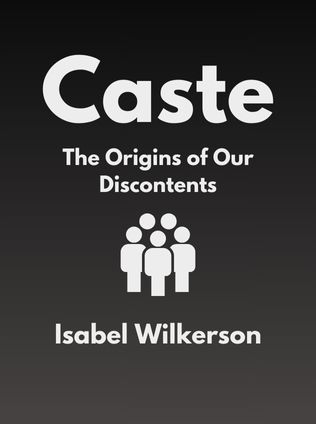
The Coming China Wars
Where They Will Be Fought And How They Will Be Won
By Peter Navarro
Published 04/2008
About the Author
Peter Navarro, a prominent business professor at the Paul Merage School of Business, University of California, Irvine, holds a Ph.D. in economics from Harvard University. He is known for his expertise in economic analysis and his insightful critiques on global trade practices. Navarro is also the author of the best-selling book "If It's Raining in Brazil, Buy Starbucks," which offers a unique perspective on global investment strategies. His academic and professional background provides a solid foundation for his analysis in "The Coming China Wars," where he delves into the complex and often contentious economic and geopolitical issues surrounding China's rapid industrialization.
Main Idea
"The Coming China Wars" by Peter Navarro presents a comprehensive examination of the various conflicts arising from China's rapid industrial and economic growth. Navarro argues that these conflicts, which he terms "China Wars," encompass a range of issues from economic dominance and environmental degradation to human rights abuses and geopolitical strategies. The book warns of the global implications of China's actions, suggesting that without significant reforms, the world may face severe economic, environmental, and social crises. Navarro emphasizes the urgency of understanding these issues to avoid catastrophic outcomes.
Table of Contents
- Introduction
- The 'China Price' and Weapons of Mass Production
- China's Counterfeit Economy and Not-So-Swashbuckling Pirates
- Killing Us (And Them) Softly With Their Coal
- The 'Blood for Oil' Wars - The Sum of All Chinese Fears
- The 'New Imperialist' Wars and Weapons of Mass Construction
- The 21st Century Opium Wars
- The Damnable Dam Wars and Drums Along the Mekong
- The Bread and Water Wars
- China's Wars From Within
- Of 'Bloodheads,' Gray Dragons, and Other 'Ticking Time Bombs'
- How to Fight - And Win! - The Coming China Wars
The 'China Price' and Weapons of Mass Production
Navarro introduces the concept of the "China Price," which refers to China's ability to produce goods at significantly lower costs than other countries. This competitive pricing is achieved through a combination of factors, including low wages, lax environmental regulations, and minimal worker protections. Navarro highlights that these practices, while beneficial for China's economic growth, have detrimental effects globally, such as job losses and economic destabilization in other countries.
"The China Price refers to the fact that Chinese manufacturers can undercut significantly the prices offered by foreign competitors over a wide range of products and services." - Peter Navarro
This section is crucial in understanding the foundation of China's economic strategy, which relies heavily on mass production and export. The low production costs give Chinese products a competitive edge in international markets, leading to a significant trade imbalance. This imbalance, Navarro argues, is not sustainable and poses risks to global economic stability.
China's Counterfeit Economy and Not-So-Swashbuckling Pirates
Navarro delves into China's pervasive issue of counterfeiting and piracy, which extends beyond mere intellectual property theft to include dangerous counterfeit products like pharmaceuticals and auto parts. He discusses how the Chinese government, despite public claims of cracking down on these practices, often turns a blind eye or imposes minimal penalties, thus enabling the counterfeit economy to flourish.
Sign up for FREE and get access to 1,400+ books summaries.
You May Also Like
Rich Dad Poor Dad
What the Rich Teach Their Kids About Money - That the Poor and Middle Class Do Not!
By Robert T. KiyosakiFreakonomics
A Rogue Economist Explores the Hidden Side of Everything
By Steven D. Levitt and Stephen J. DubnerI Am Malala
The Story of the Girl Who Stood Up for Education and Was Shot by the Taliban
By Malala YousafzaiFactfulness
Ten Reasons We're Wrong About the World – and Why Things Are Better Than You Think
By Hans Rosling



















